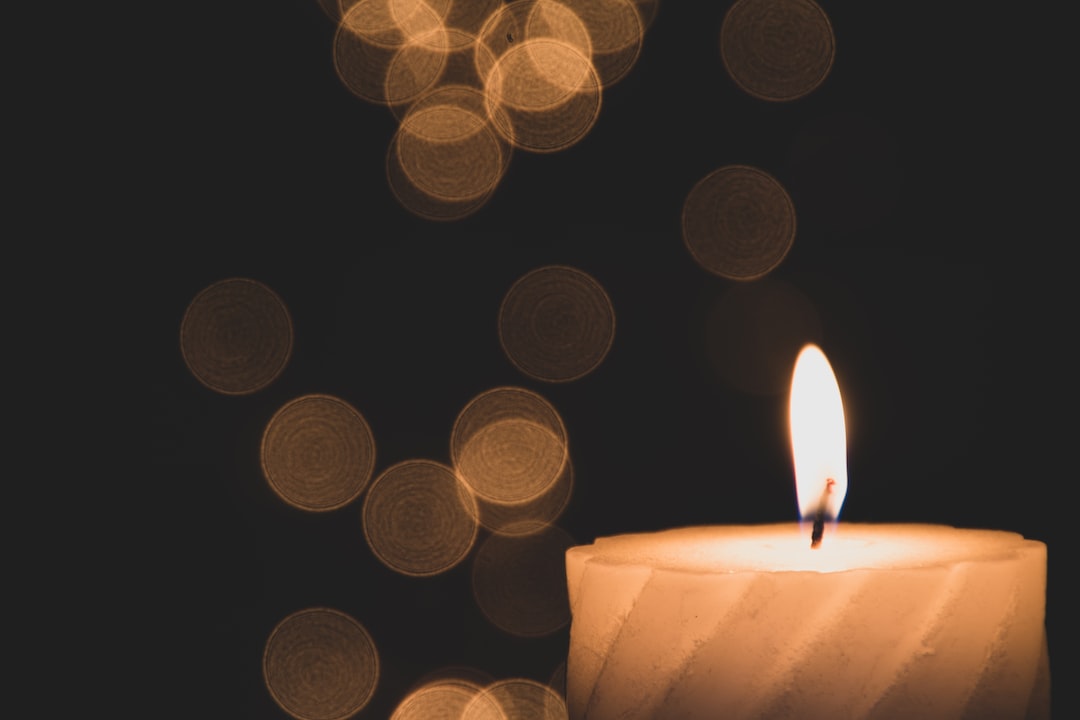The Invisible Wound-On Grief

Dear Beloved,
You looked sad and weighed down today. You said that the grief of betrayal just felt too heavy. Maybe it's the melancholy of the fall season, or maybe it's an old memory connected to your husband's secret acting out behaviors that left you feeling gutted and depleted again. Whatever the trigger was, you are feeling your losses, and it just seems so all consuming.
"So, what do I do?", you asked, "I don't want to feel this way forever". While some have described grief as being in the longest, darkest night, here are a few ways to consider as you wait for the dawn to come:
1. Listen to your grief:
Imagine listening attentively and compassionately to a friend who just lost a loved one. Your presence and witness of her pain is probably the biggest comfort to her. In the same way, ask yourself, "What does my grief want to tell me?" "What's the loss that I'm struggling to make sense of?" As you pay attention to these wounded parts of you, you can learn how to better care for yourself.
2. Honor your grief:
As much as you would like to push your sorrow, sadness, and all the different "negative emotions" that come with grief, it is a natural part of this healing journey. When you learn to tend to your "invisible wound" with gentleness and care, you are acknowledging the impact of your losses instead of minimizing, spiritualizing, and/or numbing the pain away. In essence, honoring your grief is telling your hurting heart that "I see you, I feel you, I'm with you."
3. Process your grief: Although the common signs of grief are often associated with sadness and tears, it is much more encompassing than that. Your grief may look like anger, guilt, confusion, panic, shock, and so much more, some even showing as physical symptoms. Working with a trained professional in this area can help you explore the deeper unmet longings connected to your losses in betrayal. As you safely process your grief, you also lower its risk of becoming complicated and/or compounded.
Dear one, as the Irish priest John O'Donohue writes in his book To Bless the Space Between Us, would you "be excessively gentle with yourself" as you mourn your losses and tend to this invisible wound? Would you allow yourself to receive tender, compassionate care like a healing balm on this dark night?
For healing,
Coach C,
your healing guide
